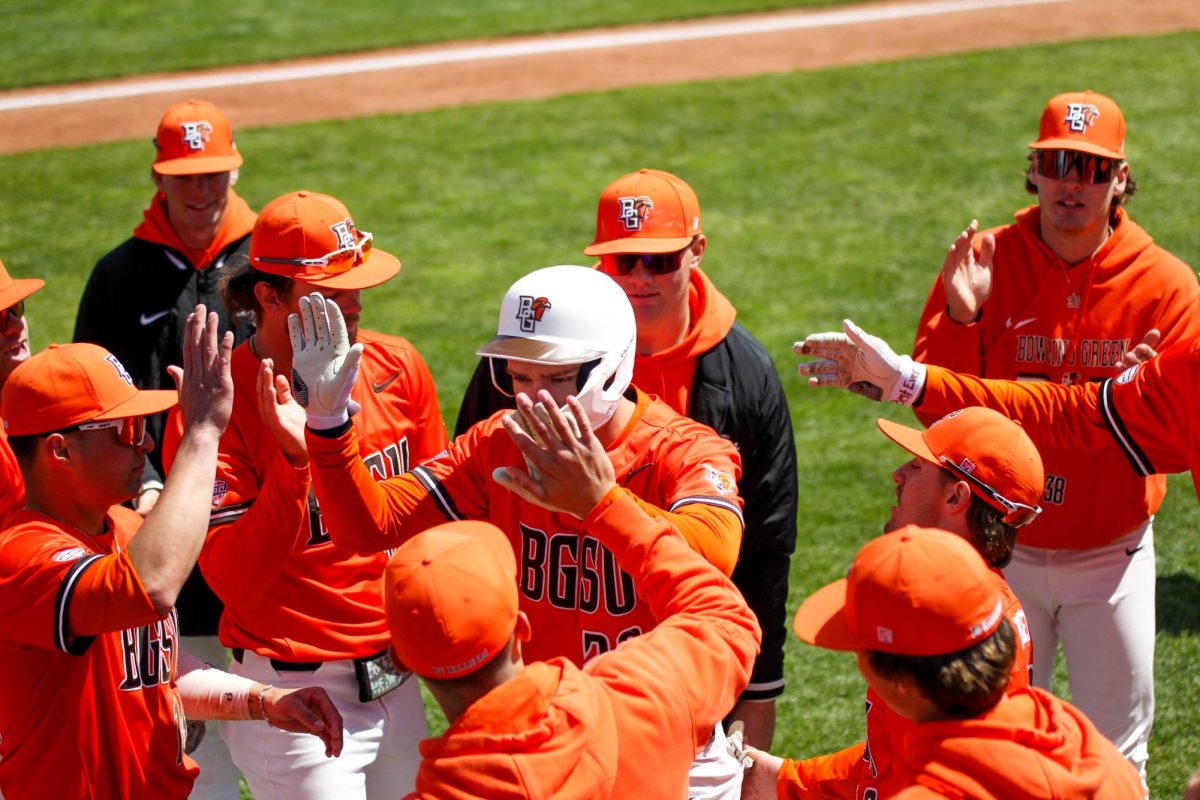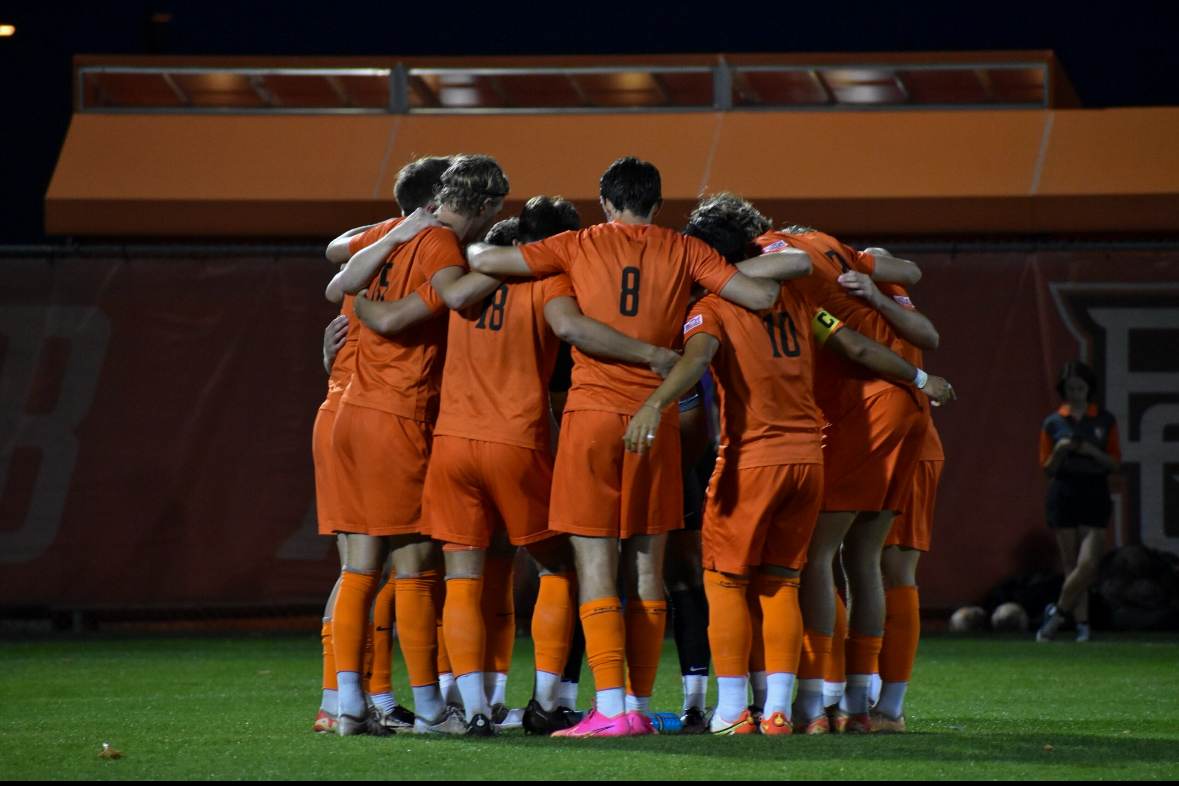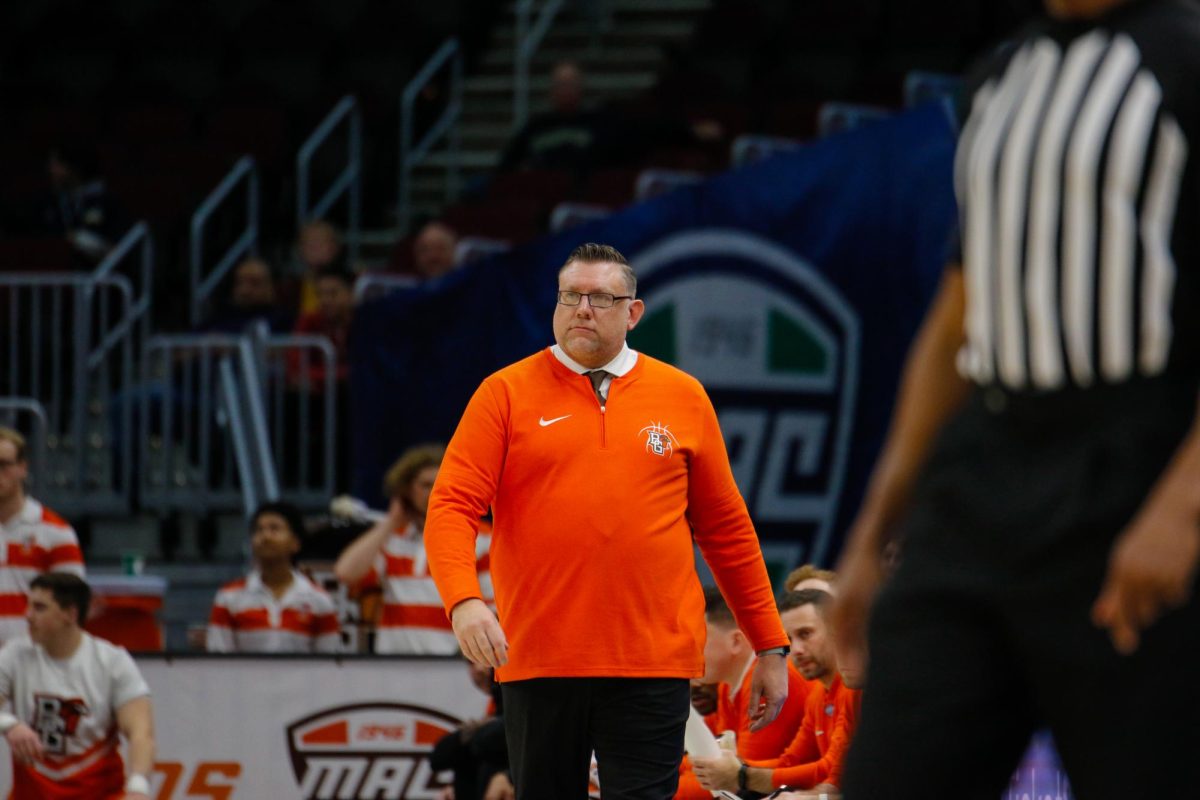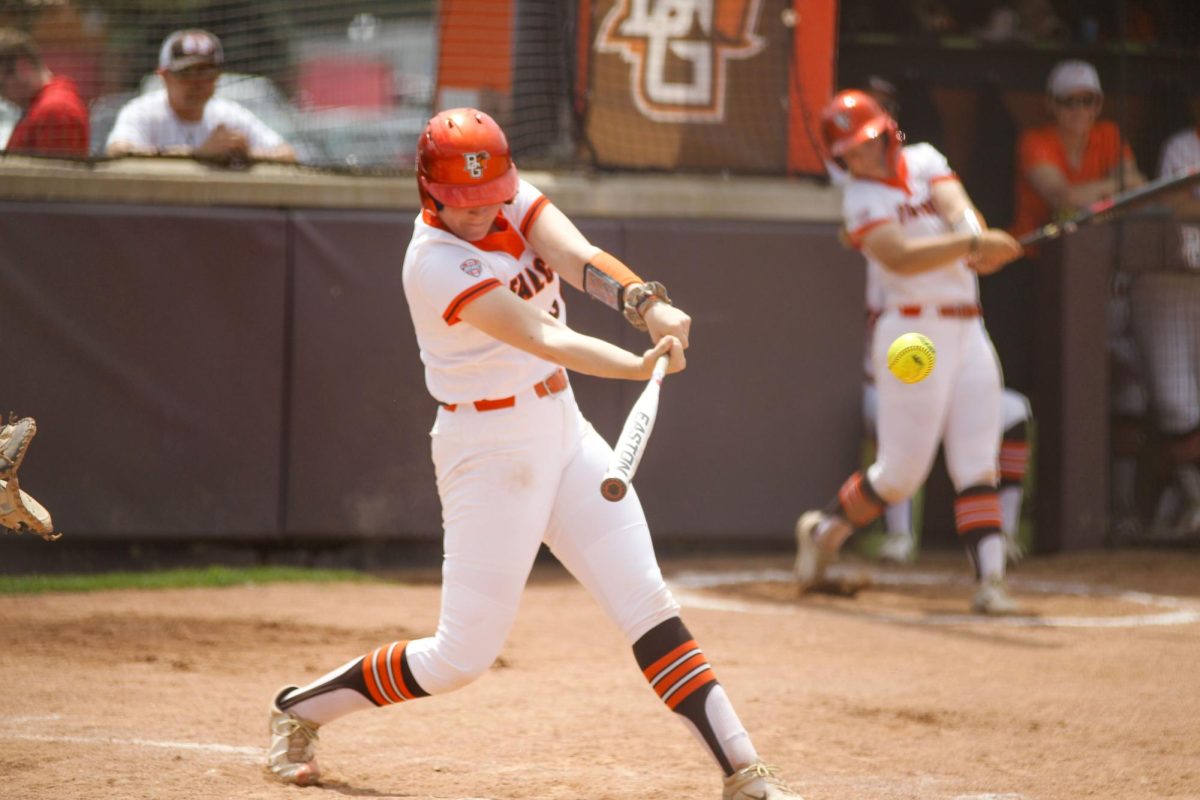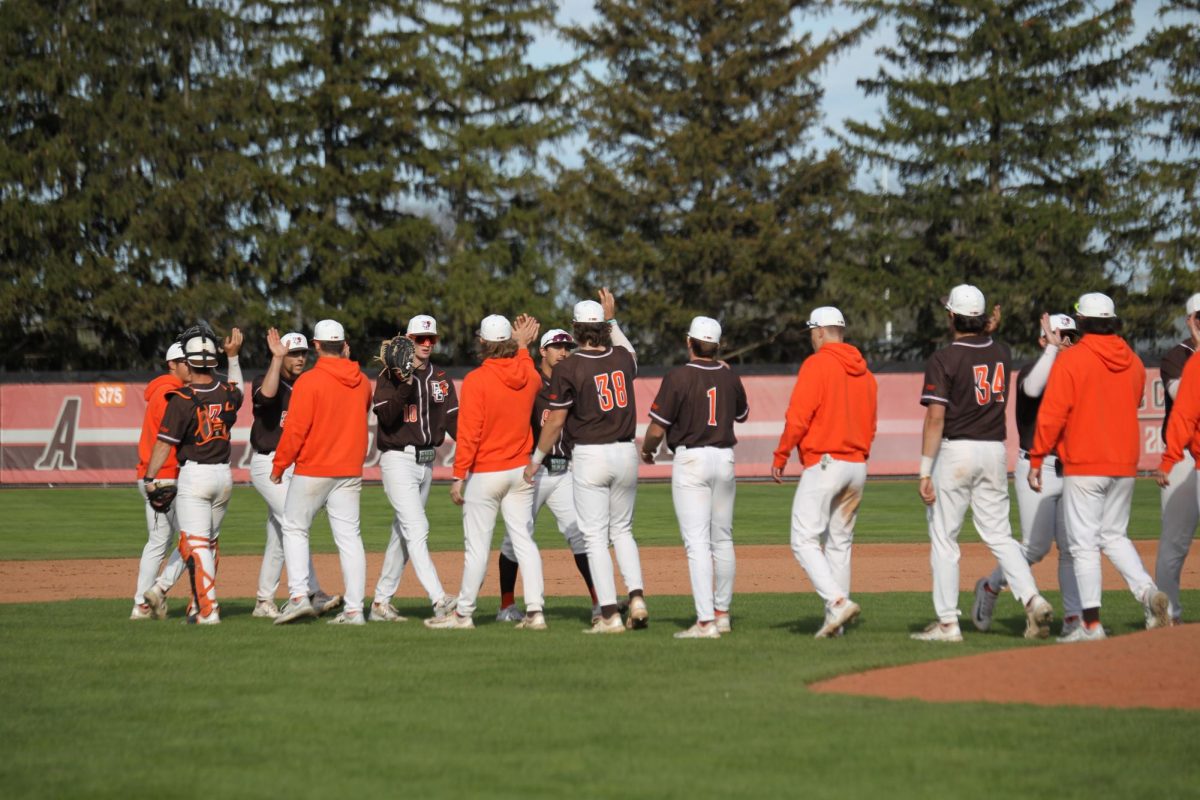Living in such an integrated world is crazy, because we never stop to think of the complex networks of people, countries, goods and labor needed just to make your iPod and its component parts. Even worse, we never really know who is making a profit and who is taking a loss.
As electronics become smaller and more convenient, demand begins to spike. With a spike in demand, corporations want to produce more, but they want to do this cheaply in order to make killer profits. International corporations don’t just want to make money, they want to make enormous amounts of it. This need to make a profit at any cost tends to sacrifice important human values.
I can with much assurance say any electronic device I own has Coltan in it. Coltan, chemically known as Colombite-tantalite, is vital to human existence today. This black tar-like metal is found in almost every consumer electronic good you can think of that has become smaller in the last ten years. The metal is refined and its heat-resistant properties, after being refined, make it essential to devices that store energy or to capacitors.
If it’s electronic and you use it today, this metal is probably in there. It is found in a small war-torn region of eastern Congo that borders Rwanda and Burundi (Google map this or get an atlas if people still use those). The sad thing is, this high demand for Coltan has fueled war and human rights abuses in these regions.
In Africa, war isn’t as widespread because a lot of the pre-1980s strife was only worth it to imperialists because of the Cold War. Yet today, new incentive to fight exists and that incentive is purely monetary and international corporations love this. They love this because unstable countries can’t really manage their resources with a very close eye, meaning they can’t establish necessary taxes and set up systems to ensure they get their fair share.
Furthermore, destabilized countries have a huge advantage and that’s cheap labor that is either forced into working or working for hardly anything. The sad thing is that Coltan can be found in many legitimate countries, but the prospect of huge profits has made a number of corporations blind to human tragedy.
World trade today is hardly different from the 1600s when the Atlantic slave trade was going on. The Democratic Republic of the Congo is a country well-endowed when it comes to natural resources. The region where Coltan is mined is a volcanic region also rich in diamonds and the south of the country is rich in copper. There is also a relatively good supply of radioactive isotopes needed to build reactors and nuclear power plants.
Yet this country has never been given the chance to be stable. This has been largely due to Western meddling that goes back to King Leopold of Belgium, all the way down to the CIA-assisted assassination of Patrice Lumumba. It’s a nation that embodies both the promise and curse that is Africa and other developing nations.
These nations were never built as sovereign nations founded on a great principle or ideal like the U.S. or the first French republic. These nations were drawn up with no contribution from the inhabitants of the land. They were created with a goal of civilization, which was a complete lie. Instead these nations were built for the exploitation of their natural resources and free labor.
The very creation of many African nations was illegitimate, so it’s no surprise that these nations are still trying to form identities, but have deep scars that make it very hard. These problems make national unity impossible, and Western commercial interests only fan the flame of destabilization.
The worst factor is that the system isn’t built in such a way that the countries giving up resources share equally in the profits. Profit and benefits go to the few while the people in these far flung countries who have never even seen an iPod are probably in some dingy mine somewhere, toiling so I can have a phone to text my buddy Phillip. Someone right now is facing the barrel end of a gun or just had their village torched so that I can have that new electronic accessory. It’s not our fault this is happening, but we are all participants in this age-old culture of greed and profit margins.
Why should we care if it has nothing to do with us and doesn’t threaten our own existence? The truth is, at the rate we are going, pure human greed is guiding how we treat each other.
I don’t want to preach, but nations of the world, including developing nations, need to not lose sight of the fact that making a profit isn’t always worth it when only a few reap the benefits.
Respond to Hama by commenting below or by emailing to [email protected]





